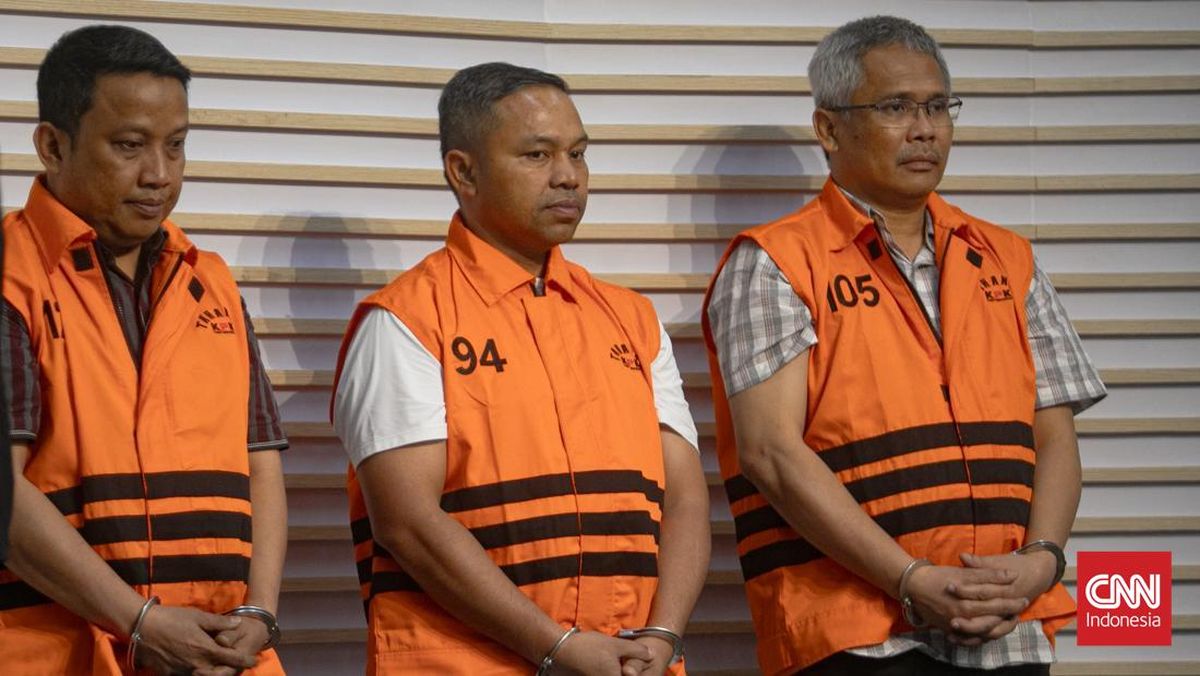A man accused of assaulting a woman and then failing to seek medical help while she lay dying did not hold a duty of care for her because their relationship was so recent, his lawyers have argued.
John Torney, 40, has been charged with negligent manslaughter over the death of 49-year-old Emma Bates, with whom he was living.

John TorneyCredit: Sunraysia Daily
Bates was found dead inside her home in Cobram near the NSW-Victoria border on April 23 last year.
Torney is also charged with a spate of other assault offences related to Bates, which he denies.
Bates, who had type 1 diabetes, had injuries consistent with being violently assaulted, including bruising and a lump under her left eye, a large gash on the top of her head and cuts on her nose, according to documents previously submitted to the court.
Pathologist Michael Burke previously provided evidence to the court last month that Bates died from diabetic ketoacidosis, not from head injuries.

In the days after Emma Bates’ death, hundreds of locals took to the streets.
Her death certificate states: diabetic ketoacidosis in a diabetic woman with a head injury. Diabetic ketoacidosis is a serious complication of diabetes during which the body produces excess blood acids. It occurs when there is not enough insulin in the body.
Prosecutor Matthew Cookson said on Wednesday Bates had been incapable of seeking medical assistance for herself and said Torney had failed seek medical help for Bates after assaulting her, which was “grossly negligent” and contributed to her death.
He said Torney had assumed duty of care for Bates because the pair were in a de facto relationship, were living together before she died, and he knew she had chronic diabetes.
Cookson told the court Torney had violently assaulted Bates the night before she died, prompting her to say to him: “John, look at what you’ve done.” He said the accused later told police Bates’ forehead had been “pissing out blood”.
“That was the condition of her head as she lay moaning and groaning and unable to be woken up the next morning,” Cookson said.
He said Torney had failed to call an ambulance following the assault because he was concerned about the criminal consequences.
Cookson said Torney had acted negligently to a “criminal standard” because if Bates had received timely medical care the ketoacidosis could have been treated, and she might still be alive.
Loading
However, defence barrister Hayden Rattray rejected the notion the two were in de facto partnership and said their relationship was “extraordinary shortlived” and began between two and four weeks before her death.
Rattray told the court that the charge of negligent manslaughter should be dropped because while Torney had exhibited a “moral failing of quite significant character”, a jury could not find beyond reasonable doubt he had caused Bates’ death by failing to seek medical assistance.
He argued Torney had no understanding of diabetic ketoacidosis, and it remained unclear when she started to exhibit signs of this complication.
The court previously heard in the days before Bates was found dead her accused killer’s family members saw her face bloodied and bruised on several occasions.
His mother, Belinda Torney, told the court her son said he had punched Bates in the head three times before she was found dead.
John Torney had moved out of his mother’s house next door following a fallout with her and his brother and into Bates’ home shortly before her death.
Belinda Torney also told the court she had asked her son to call an ambulance when he confided in her that he was unable to wake Bates up.
“He goes, ‘She’s breathing. She’s not dead ... f---ing idiot’. I said to him, ‘Well, maybe get her an ambulance’, and he said he would if she didn’t wake up,” she told the court last month.
She told the court she also she became concerned about Bates’ blood sugar levels and eventually called the police, who did a welfare check and found the woman dead.
Loading
Torney’s brother, Craig Challie, also told a hearing the last time he saw Bates she had a swollen, bloodied lip.
Bates’ heartbroken family have remembered her as a loving and kind person who always saw the good in people.
A court hearing into Bates’ death in October last year was told that Torney had told Challie he was going to “chop her body up into bits and pieces”.
During the same hearing, a police statement read out to the court detailed that Torney’s mother had described him as a “monster” and said she was terrified of him.
Most Viewed in Politics
Loading


















































